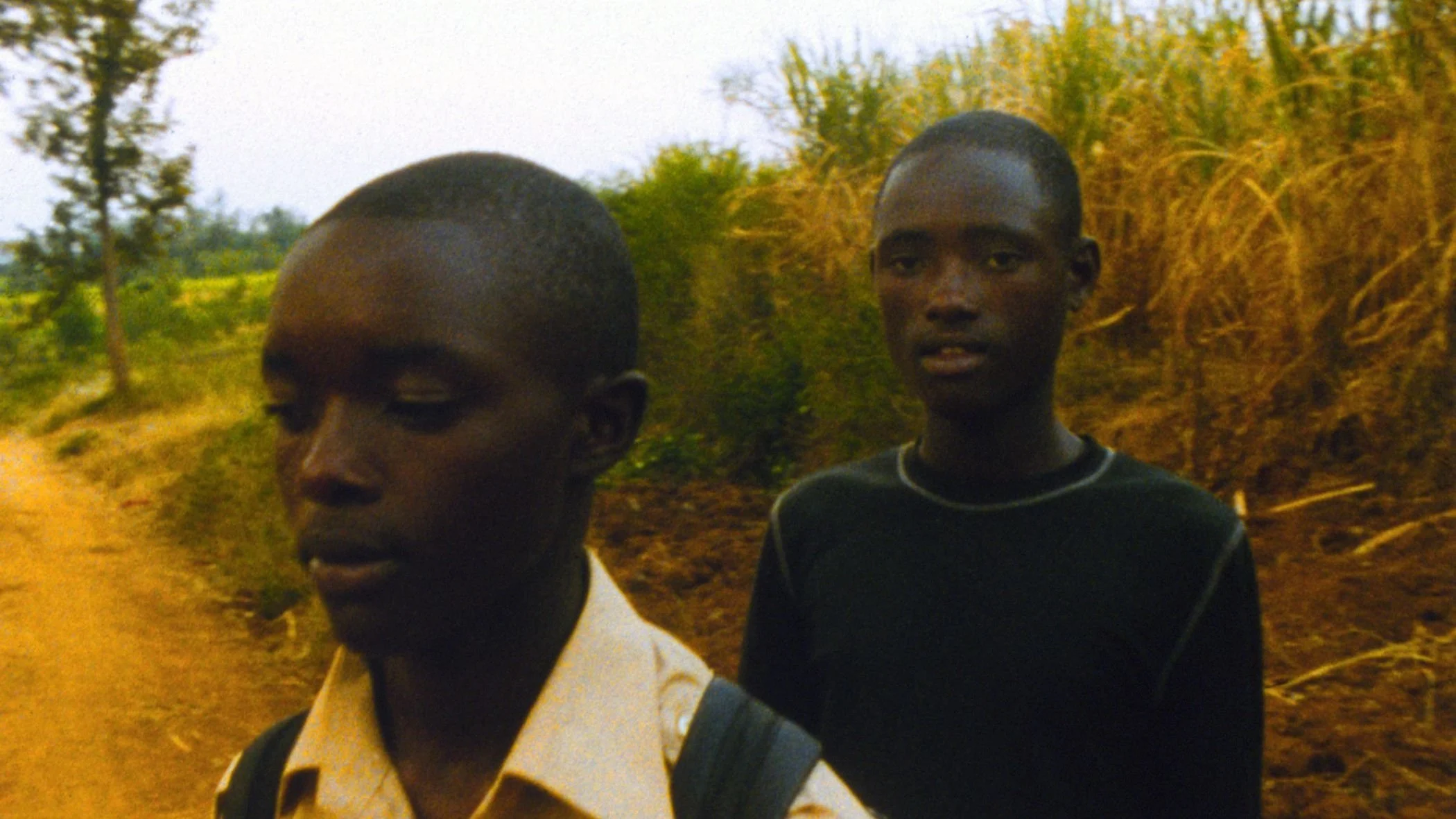Munyurangabo
An admirable opportunity to see another work by the director of Minari.
In a welcome gesture on the part of the curated streaming platform Mubi, history now repeats itself. Just recently the huge acclaim for Nomadland encouraged Mubi to make available to UK viewers the very first full-length film by its director Chloé Zhao, 2015’s Songs My Brothers Taught Me. Now, following the extremely warm response to Lee Isaac Chung’s film Minari, Mubi enables us to look at his debut feature shot in Rwanda in 2007. This is Munyurangabo and the title is the name of its central character (but since in the film he is always referred to as Ngabo it might have been helpful to use the abbreviated form of his name so that the title would be easier to remember). As in Zhao’s case, it is fascinating to look back for pointers to what would follow. Furthermore, even if Chung’s debut is (like hers) a somewhat uneven work, both contain many passages that work splendidly.
When preparing Munyurangabo, Chung was already working with Samuel Anderson as his co-writer, but I understand that the non-professional cast were allowed to improvise to some extent. That’s entirely understandable because this was a film rooted in their own history and the first narrative work to be shot using the Kinyarwanda language. Although set years on from the 1994 genocide, its central concern is the lasting aftermath of that terrible event as epitomised in the story of two teenage boys who, living in Kigali, have become best friends. Ngabo (Jeff Rutagengwa) is obsessed by what happened when his father, a Tutsi, was murdered by a Hutu and he now plans to avenge that death by killing the man responsible. His companion is Sangwa (Eric Ndorunkundiya) who because of their bond sets out to aid his friend in his mission even though he comes from a Hutu family. En route Sangwa calls on his family in their rural home. He has been absent for three years and now discovers that his father (Jean Marie Vianney Nkurikiyinka) has ceased to drink so heavily. Partly for that reason, he is led to think again about rejoining and supporting his family who are struggling to survive.
Chung uses this situation to create a story supportive of the view that, regardless of the horrors that were perpetrated, common humanity should be recognised as the true source of hope and that in consequence the old enmity still subsisting between Hutus and Tutsis needs to be overcome. Chung’s own humanity, quite possibly bolstered by Christian beliefs, fuels his work and is quite as strong here as in Minari. Shot in a mere eleven days, Munyurangabo may be a bit rough and raw, but it has an authenticity and an immediacy that link it with the work of the great Indian director Satyajit Ray and the first half of the film works splendidly. A succinct pre-credit episode shows Ngabo seizing a machete and sets up tension as to whether or not it will be used (the exact nature of the boys’ mission is not disclosed for some time, but to know it is certainly no disadvantage). Thereafter there’s a natural drama in the conflict that occurs in Sangwa’s mind as his family ties increasingly clash with his commitment to move on with his best friend and support him.
Highly praised though Minari was, I was more critical of it than most of my colleagues: I found myself admiring its spirit while nevertheless questioning its treatment of the developing story. So too here. The second half of this debut feature feels much inferior to what precedes it. The scenes with Sangwa’s family are finely realised initially, yet eventually they are drawn out just too much and start to feel becalmed. However, it is the move away from the natural tone that has been established which sends the film awry. Late on a long poem by Edouard B. Uwayo entitled ‘Liberation is a Journey’ is delivered direct to camera by the poet himself. Chung clearly endorses every word of it, but the manner in which it is incorporated doesn’t belong to the mode in which the tale has been told thus far. Similarly, the final scenes suddenly grow more stylised and myth-like and it is as though what had started out as a realistic tale has switched and become a fable. It just doesn’t feel right aesthetically although it is undoubtedly heart-felt. Nevertheless, so much of this film is strikingly good that its failings should not deter viewers from seeking it out.
MANSEL STIMPSON
Cast: Jeff Rutagengwa, Eric Ndorunkundiya, Jean Marie Vianney Nkurikiyinka, Natricia Nyirabucyeye, Jean Pierre Harerimana Mulomda, Edouard B. Uwayo, Claver Kayitsinga, Etienne Rugazora.
Dir Lee Isaac Chung, Pro Lee Isaac Chung, Screenplay Samuel Anderson and Lee Isaac Chung, Ph Lee Isaac Chung, Art Dir John Kwezi, Ed Lee Isaac Chung, Music Claire Wibabara.
Almond Tree Films-Mubi.
97 mins. Rwanda/USA. 2007. Rel: 16 June 2021. No Cert.


